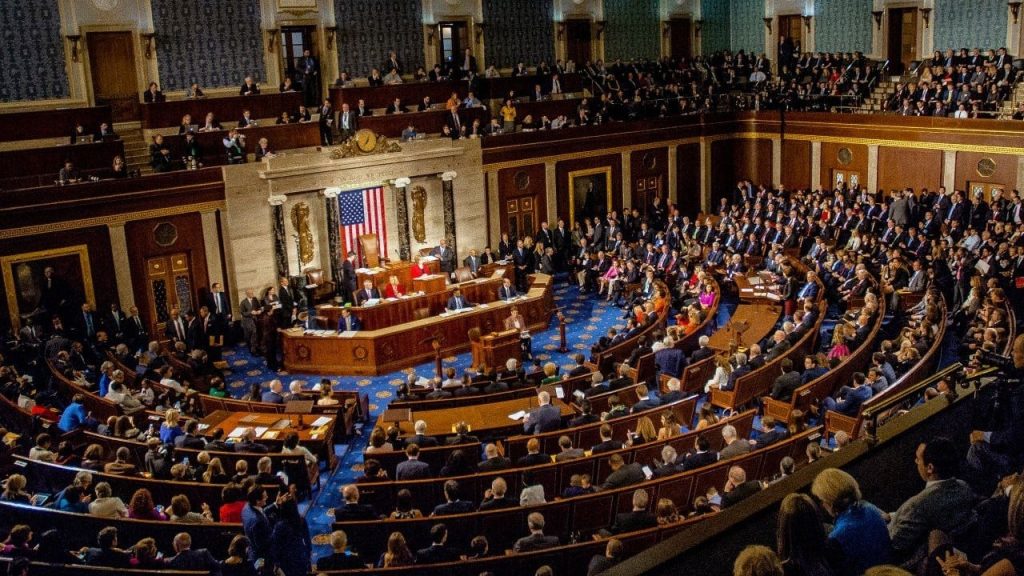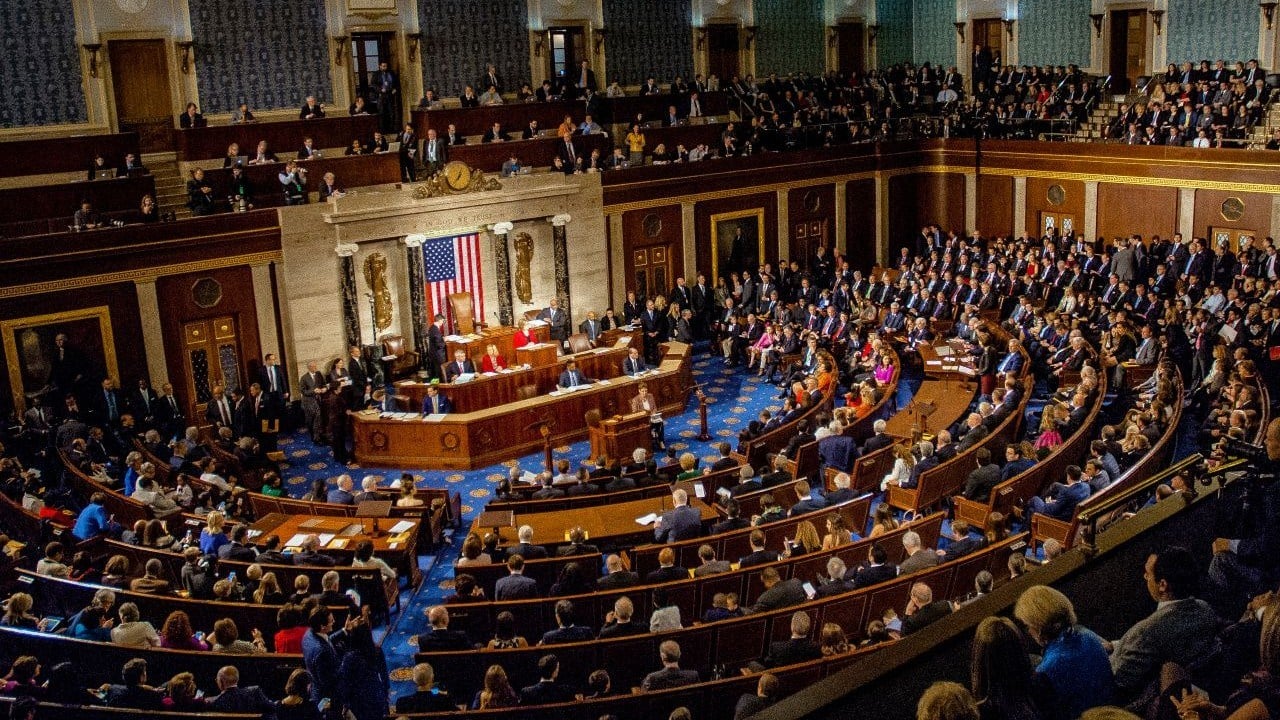
The digital asset landscape in the United States is on the brink of a transformative period. The US House of Representatives has designated the week of July 14th as “Crypto Week,” signaling an unprecedented legislative push to address the regulatory ambiguities surrounding cryptocurrencies and blockchain technologies. This initiative, led by Republican House leaders, aims to establish a comprehensive framework that balances innovation with consumer protection, while also addressing concerns about government overreach. The outcome of this legislative effort could redefine the future of digital assets in the US, influencing everything from investment flows to technological development.
At the core of “Crypto Week” are three pivotal bills, each targeting critical aspects of the crypto ecosystem. The first, the CLARITY Act, seeks to resolve the long-standing debate over whether digital assets should be classified as securities or commodities. This ambiguity has created regulatory uncertainty, stifling innovation and leading to conflicts between the Securities and Exchange Commission (SEC) and the Commodity Futures Trading Commission (CFTC). By establishing a clear framework for determining the regulatory status of digital assets, the CLARITY Act could provide much-needed clarity for businesses and investors. This framework would likely consider factors such as decentralization, intended use, and ownership rights, offering a structured approach to compliance.
The second bill, the Anti-CBDC Surveillance State Act, addresses the growing concerns surrounding central bank digital currencies (CBDCs). While CBDCs could offer benefits like increased efficiency and financial inclusion, critics warn of potential risks to privacy and government surveillance. This legislation aims to prevent the Federal Reserve from issuing a CBDC without explicit congressional approval, while also mandating strong privacy protections. By safeguarding against government overreach, the bill seeks to ensure that any future CBDC respects individual financial privacy.
The third bill, the GENIUS Act, focuses on fostering innovation and competitiveness in the digital asset space. Though details are limited, this legislation is expected to address regulatory sandboxes, tax treatment of digital assets, and the advancement of blockchain technology. By promoting a favorable environment for innovation, the GENIUS Act could position the US as a global leader in crypto and blockchain development.
However, the path to legislative success is not without obstacles. The political landscape surrounding crypto is complex, with partisan divides and shifting alliances potentially complicating the process. House Republicans are spearheading the initiative, reflecting a growing recognition of the importance of digital assets. However, some Democrats have expressed concerns about the risks associated with cryptocurrencies, particularly regarding consumer protection and financial stability. These concerns could lead to opposition, especially if Democrats feel the bills do not adequately address these issues.
The involvement of former President Trump adds another layer of complexity. His embrace of crypto could galvanize support among his followers, but it may also alienate Democrats wary of aligning with him. Additionally, allegations of Trump’s financial ties to crypto ventures could raise concerns about conflicts of interest, further polarizing the debate.
Another significant challenge lies in the ongoing turf war between the SEC and the CFTC over regulatory jurisdiction. Both agencies claim authority over different aspects of the crypto market, leading to confusion and uncertainty for businesses. Resolving this jurisdictional ambiguity will be crucial for creating a clear and consistent regulatory framework.
The outcome of “Crypto Week” will have far-reaching implications for the entire crypto ecosystem. A clear and predictable regulatory framework could unlock significant investment and innovation, attracting both domestic and foreign capital. Conversely, a failure to provide clarity could stifle innovation and drive businesses to more favorable jurisdictions. Consumer protection is another key concern, particularly in light of recent high-profile collapses in the crypto industry. The legislation could include provisions aimed at safeguarding consumers from fraud and scams, but balancing these protections with fostering innovation will be a delicate task.
The future of CBDCs in the US also hangs in the balance. The Anti-CBDC Surveillance State Act reflects growing concerns about government overreach, and its outcome could significantly impact the Federal Reserve’s ability to issue a CBDC. Additionally, the CLARITY Act’s definitions will affect Bitcoin and altcoins, potentially encouraging innovation within the crypto ecosystem. A clearer regulatory landscape could lead to the development of new applications and technologies, driving further adoption of blockchain and cryptocurrencies.
In conclusion, “Crypto Week” represents a pivotal moment for the US crypto landscape. The legislation under consideration has the potential to reshape the regulatory framework governing digital assets, influencing innovation, investment, and consumer protection. However, the path forward is fraught with challenges, as partisan divides, regulatory complexities, and evolving political dynamics threaten to complicate the process. Whether “Crypto Week” will usher in an era of clarity and growth or further uncertainty remains to be seen, but the decisions made in the coming weeks will undoubtedly shape the future of crypto in the United States. The stakes are high, and the outcome will have lasting implications for the entire digital asset ecosystem.





